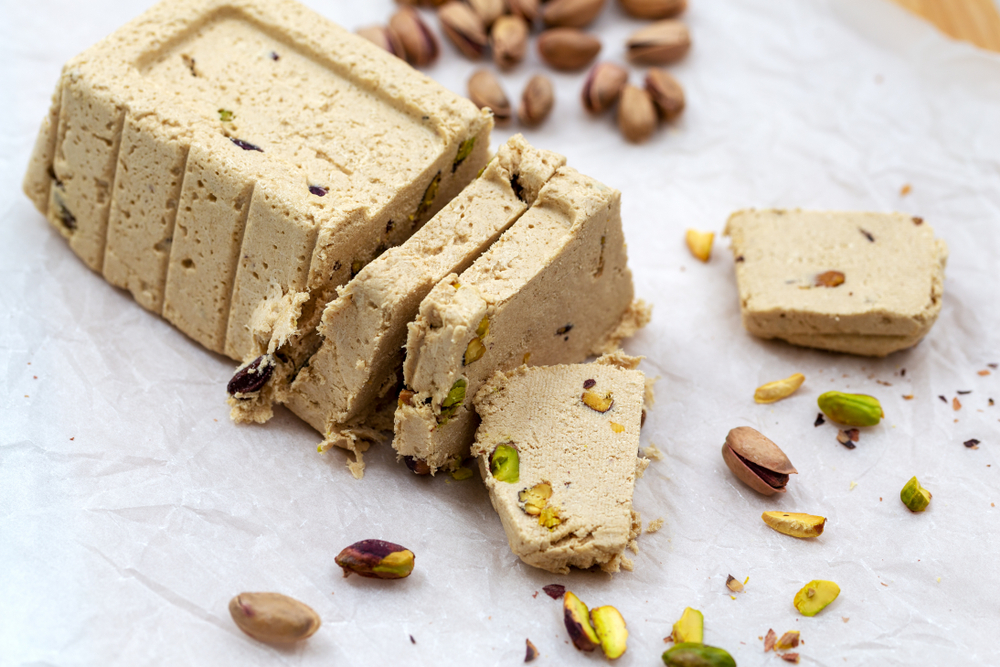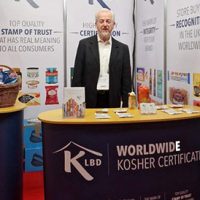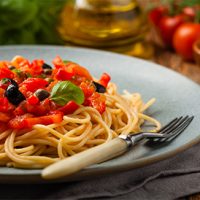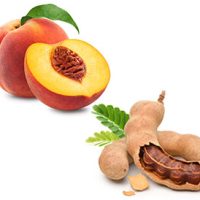The Natural & Organics Show (NOPEX) will be taking centre stage once more at…

Spotlight On The United Arab Emirates
Firmly established as one of the Middle East’s most important economic centres, the United Arab Emirates comprises a federation of seven individual emirates and a standard of living considered to be amongst the highest in the world.
Capital city, Abu Dhabi, and second largest emirate, Dubai, account for about 80% of the UAE’s income. HSBC recently reported in Gulf News that both cities are on a rapid economic growth trajectory and crucially in the post-Covid era, both are well-equipped to maintain their momentum and hub status for the region. Since the economy has become a major services hub in the Middle East, dependency on oil exports has declined.
As the Gulf States import more than 90 percent of their food, pandemic-related issues have severely disrupted the supply-chain. Dubai’s strategic location between the east and west makes it an excellent hub for trans-shipment routes and is set to become one of the top five logistics centres in the world as part of the Dubai 2021 plan. Dubai is the most populous state of the seven and foreign citizens make up a large percentage of the 3.3 million residents, ensuring diversity in cuisine and culture, whilst enjoying traditional Emirati food reflected by the climate and resources of the region.
September 2021’s historic ‘Abraham Accord’ signed in Washington to normalise diplomatic relations between Israel, UAE, Bahrain and now Sudan is one of several exciting initiatives to boost reciprocal trading opportunities between participating countries. According to the UAE-Israel Business Council, 250 Israeli companies are already trading with the UAE and exchanging knowledge on food-supply solutions with their Emirati counterparts.
A greater awareness of healthy eating is changing the shopping habits of consumers in the UAE, so the commitment by the Carrefour organisation to support local farmers to promote best agricultural practice came as welcome news. Carrefour has signed a ‘Memorandum of Understanding’ with the largest organic farm in the UAE, Emirates Bio Farm. With a focus on protecting the environment the farm will produce may be seventy chemical free crops, including cucumbers, plum tomatoes, carrots and okra to name just a few.
Further measures to promote health awareness for shoppers have been introduced by Minister of State for Food and Water Security, Mariam Al Muhairi. These include a supermarket’s ‘Food Basket’ system in which 18 different food items are flagged up whose large-scale local production makes prices more competitive. Products will have an all-new ‘Emirates Sustainable Agriculture Label’ demonstrating they are ‘clean and traceable foods’.
Demand from export clients that UAE food, drink and food ingredients conform to the most stringent manufacturing practices has driven, increasing numbers of UAE food manufacturers to gain kosher certification with KLBD. One such company is Al Khaleej Sugar, the largest standalone sugar refinery in the world, with a production capability of more than 7,000 tons a day of its fine, extra fine and coarse sugar varieties. The Dubai base of another KLBD certified company is Pure Life Organic Foods, which supplies a wide variety of specialist coconut products, sweeteners and starches throughout the world.
Unilecithin, a subsidiary of the Barentz group, is located in Sharjah, which is regarded as the cultural capital of UAE with its gallery and museum attractions. Unilecithin is a leading supplier of the purest form of lecithin designed for food, feed, pharmaceutical and personal care industries. The company offers full IP traceability, backed up by a certified quality system which complies with the highest international standards, and includes KLBD certification.

Al Ameera Foodstuff produces a delicious range of halawa and tahini products as an ideal accompaniment for traditional Middle Eastern dishes, as well as promoting the benefits of being KLBD certified. Kosher certification has also been taken up by the large family concern, Al-Ghurair Foods, which produces a diverse range of quick cooking oats and oat flour, true to its motto, ‘Part of Every Plate’.
Considered the oldest cultivated food in the world, dates hold an important place at the heart of Emirati culture and have been eaten in the region for 7,000 years. The UAE is now the world’s fourth largest producer of dates and state of the art technology has transformed date palm cultivation into a major agricultural industry.
Many leading date producers have enhanced their extensive product ranges with KLBD certification, including Al-Barakah Dates Factory, Dubai Dates Factory and the Alfoah Dates Company. Al-Barakah Dates has a cold storage capacity of 40,000 metric tons to guarantee seasonal freshness; Dubai Dates forms part of the global Barari Group and Alfoah Dates Company received Government backing in 2005 to develop the date palm tree sector in the UAE.

Back in the UK, Waitrose launched its first overseas dedicated website for UAE customers to order and have their groceries delivered online. This follows the opening of a sixth store in Dubai in September 2020. (Two more stores were opened by the end of 2020, leading to a total of eight). Sarah Burton, business manager and commercial sales for Waitrose commented, ‘It brings an even more convenient way for our customers in the UAE to shop Waitrose products, and we’re proud to bring the same quality and inspiration customers find in our shops, to our website’.
In February 2022 the internationally acclaimed Gulfood exhibition, took place at the Dubai World Trade Centre, attracting food professionals from all over the world. As the largest annual food and beverage trade exhibition of its kind (4,000 exhibitors), the event delivered an unparalleled experience for exhibitors and trade visitors alike.
Hot off the press; UAE and Israel have signed a MoU to cooperate in agriculture. The five year agreement sees the two countries collaborating on and developing knowledge, best practices and technologies to increase the quality and quantity of agricultural produce. The aim is also to increase bilateral trade in agricultural and animal products.




